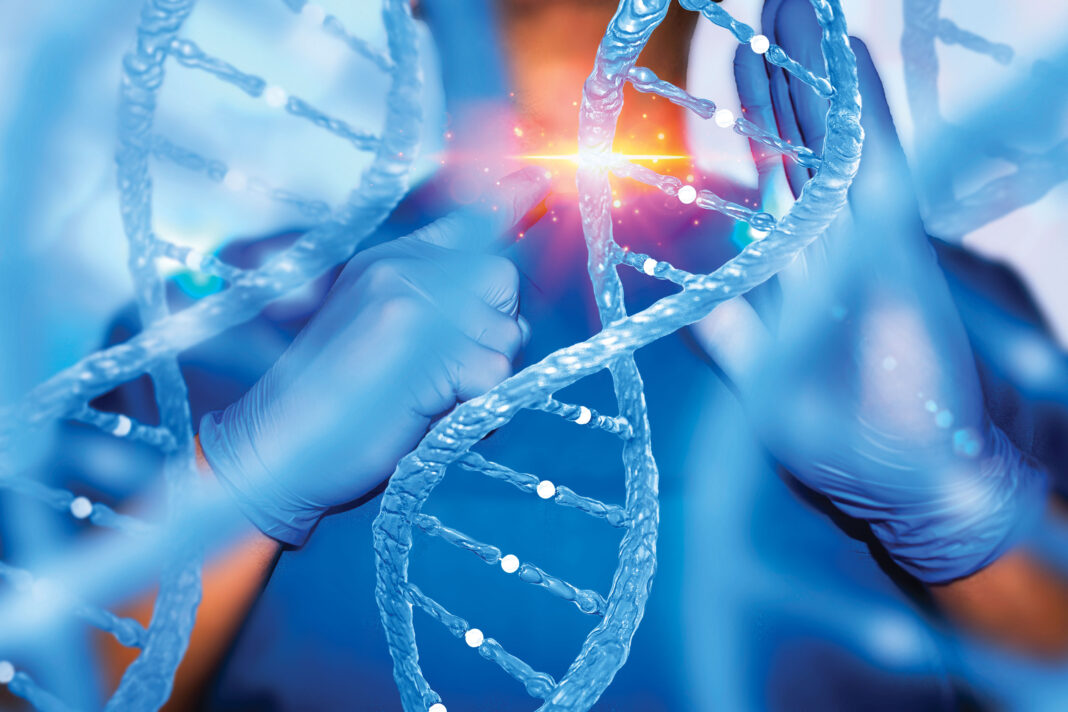
Co-Founder and CEO, CasZyme
Many industries and fields of science are investigating innovative technologies to mitigate the effects of climate change—effects that are already evident as an alarming collection of environmental, social, and economic problems. CRISPR-Cas gene editing has been successfully applied in human therapeutics and diagnostics; its potential to play a significant role in reducing the impact of climate change is now being recognized.
Virginijus Šikšnys, PhD, professor, chief scientist, and head of the Department of Protein–DNA Interactions at the Vilnius University Institute of Biotechnology, was one of the first people to demonstrate programmable DNA cleavage by Cas9 protein. His work has contributed to turning the Baltic state of Lithuania into a hotspot for CRISPR research. In 2017, he founded the company CasZyme, and the company’s research team is now looking at how CRISPR-Cas molecular tools can be applied to tackle climate change issues in agriculture and industrial fields. This was highlighted at Life Sciences Baltics, a conference that was held September 20–24.
In the case of agriculture, plants face radically changing climatic conditions and are constantly exposed to new pests and diseases. Plants can be engineered to withstand these external pressures by becoming more resilient to temperature changes and water shortages, and more resistant to a wide range of infections. CRISPR-Cas is already being used to develop dedicated microbes which can enhance the soil nutritional composition while changing gas absorption and emissions. This means that certain plant cultures will emit less methane or absorb more carbon dioxide.
One of the main issues leading to high carbon dioxide emissions is the transport of food all around the world to meet increasing demand. If we apply CRISPR-Cas to enhance the yield of plants, to improve the nutritional value of the food products, and to extend the shelf life of fruits and vegetables, more varied and nutritious food may be produced close to consumers, which will minimize the need for food transport.
Food waste also has a significant impact on climate change, as up to 45% of food is wasted, producing billions of tons of carbon dioxide emissions globally each year. CRISPR-Cas can contribute to extending the shelf life of our food products, securing fruit and vegetables from pathogens by enhancing their natural defense mechanisms. This could replace existing methods of food preservation which are based on chemicals and high-energy processes.
Furthermore, CRISPR-Cas can help to preserve and enhance the use of traditional plant species that might already be extinct or close to extinction due to climatic changes in locations where they have been grown for years. This could lead to more sustainable and socially responsible agriculture and food production and preserve traditional industries such as wine production.
CasZyme’s goal is to meet the needs of its clients from different industries and to find Cas proteins not only for human therapeutics and diagnostics, but also for agriculture, the food industry, and industrial biotech companies. The CasZyme example shows how different global problems from the most severe human diseases to climate change can be solved using the same molecular tools developed using CRISPR-Cas gene editing technology.
Most of the initiatives dedicated to CRISPR-Cas applications in agriculture are currently in the development phase, and close collaboration between scientists, the research community, and business is needed to achieve even more intensive application of CRISPR-Cas technology for climate change–related issues.
Monika Paulė, PhD, is co-founder and CEO of CasZyme.


